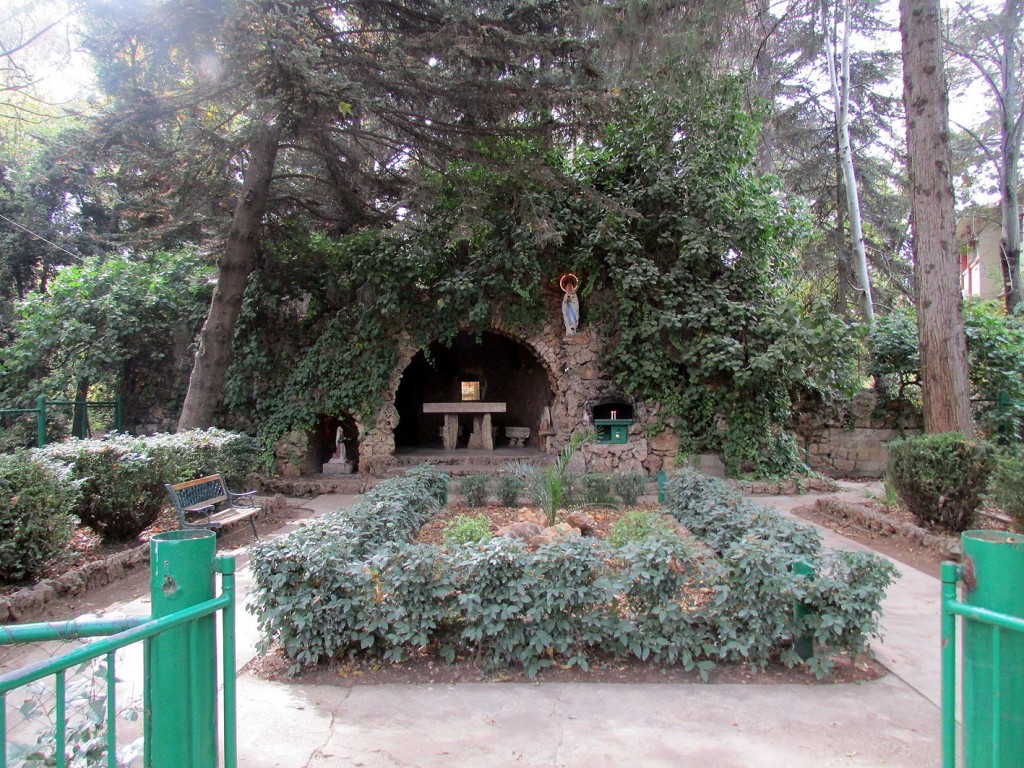
Nature retreat in Lebanon (Photo: Emily O'Dell)
Today in Beirut, my students and I discussed the influence of Aristotle on the writings of St. Thomas Aquinas.
There was a certain Simonides who exhorted people to put aside the knowledge of divine things and to apply their talents to human occupations. He said that “he who is a man should know human things, and he who is mortal, things that are mortal.” Against Simonides, Aristotle says that “man should draw himself towards what is immortal and divine as much as he can.” And so he says in the De animalibus that, although what we know of the higher substances is very little, yet that little is loved and desired more than all the knowledge that we have about less noble substances. He also says in the De caelo et mundo that when questions about the heavenly bodies can be given even a modest and merely plausible solution, he who hears this experiences intense joy. From all these considerations it is clear that even the most imperfect knowledge about the most noble realities brings the greatest perfection to the soul. Therefore, although the human reason cannot grasp fully the truths that are above it, yet, if it somehow holds these truths at least by faith, it acquires great perfection for itself…
— St. Thomas Aquinas